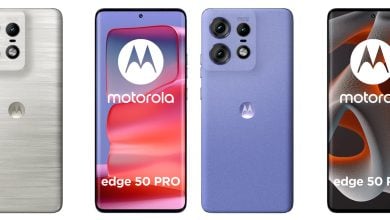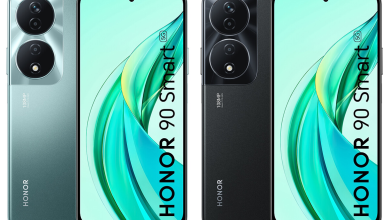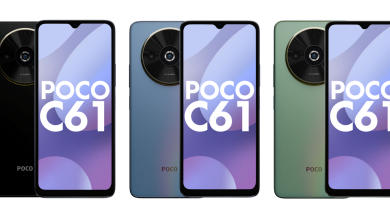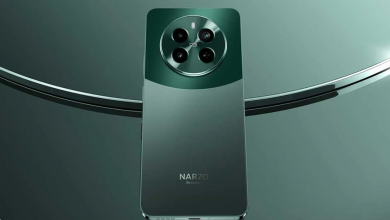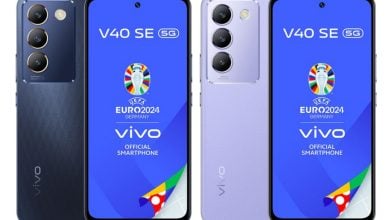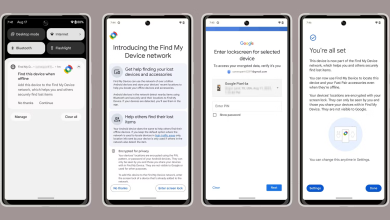Tensor G3 Becomes the First SoC to Support AV1 Encoding at 4K 60FPS
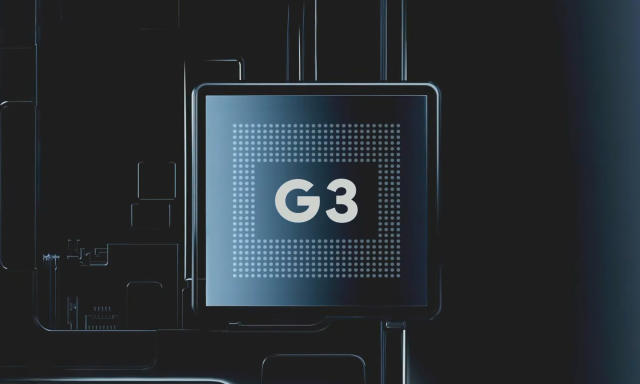
Google’s flagship SoC, the Tensor G3 is regarded as one of the more weaker chipsets on top-end Android smartphones. This is because, for the past three generations since Pixels transitioned to Tensor, Google has been playing catch-up behind the competition.
The Pixel 8 Pro Theoretically Supports AV1 Encoding, But Doesn’t Use It
One major reason for Google’s popularity in the mobile industry is its software support. However, the company doesn’t claim a lot of hardware victories. Interestingly, Mishaal Rahman recently revealed that the Tensor G3 chip, found in the Pixel 8 and 8 Pro, supports AV1 encoding at 4K 60fps, something that isn’t present on any other SoC.
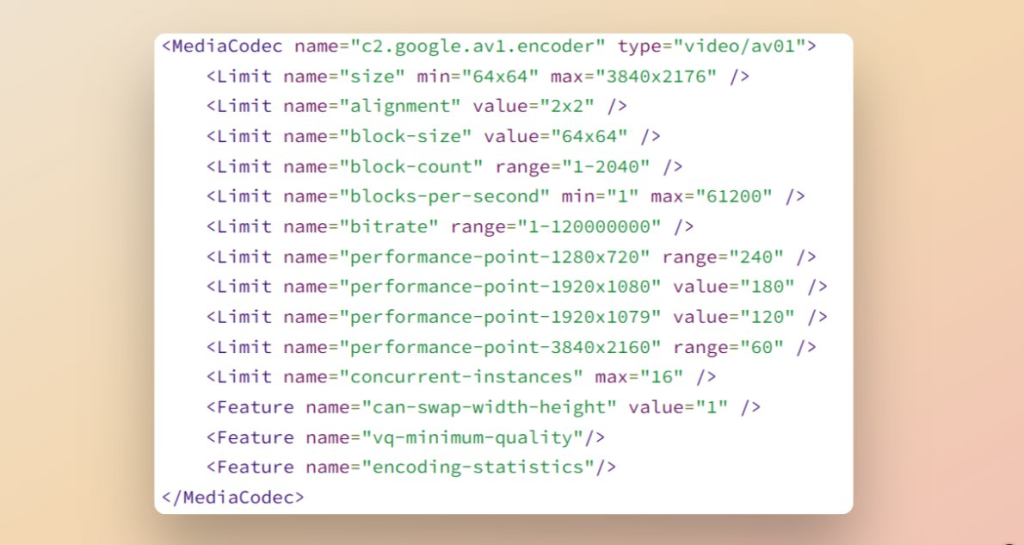
If implemented in smartphones, AV1 encoding can lead to better data compression, which means that files would be stored more efficiently and would take less size, retaining the same amount of visual quality. This is especially beneficial for areas where things like storage space and streaming is concerned.
For a bit of a reference, a 1 minute 4K 60fps video recorded on the Pixel 8 Pro will take approximately 500MB to 700MB of storage space. With longer video durations, the storage consumption can quickly escalate to tens of gigabytes per video. AV1 could potentially halve this storage requirement, significantly reducing the storage burden.
| Video Length | Estimated Storage Space |
| 1 minute | 500MB – 700MB |
| 5 minutes | 2.5GB – 3.5GB |
| 10 minutes | 5GB – 7GB |
| 30 minutes | 15GB – 21GB |
The Issue with AV1 (Right Now)…
Most mobile phones rely on the H.265 or H.264 codec, but recently, with AV1, things could take a step up for the better. The issue, however, with Tensor G3 supporting AV1, is that the encoder isn’t supported by any application on Android. In fact, the Pixel Camera itself doesn’t support AV1 encoding.
At this point, out of the major three SoCs, namely the Snapdragon 8 Gen 3, Exynos 2400, and Dimensity 9300, none of them support AV1 encoding at 4K 60fps. Apple’s A17 Pro, however does support AV1, but only for decoding.
The main benefit you’d find with AV1 is its versatility and flexibility compared to the H.264 or H.265 codecs. This is why most phones tend to stick to them. If Google really wants to make meaningful use of this hardware, it will need to tweak the Pixel Camera app to support AV1 at 4K 60fps; otherwise, the hardware is essentially useless.
This is all we know for now, but rest assured that we will keep you updated as new information becomes available.
